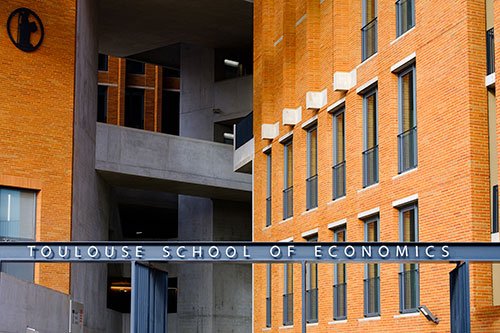Autumn Seminar, 26-27 October, 2023
Driving developments in enterprise and innovation in European universities

Hosted by the Toulouse School of Economics (FR)
The pandemic and current geopolitical tensions have reinforced the importance of “connectedness” to accelerate innovation in the 4th technology-driven industrial revolution.
Our seminar will discuss successful frameworks and partnership models to transform universities into modern innovation-friendly environments to support wide innovation:
- Showcasing examples of knowledge co-creation processes to generate broad societal impact: new ways to harness academic research, expertise, people, structures
- Looking at approaches to support the academic enterprise, delivering innovation for the knowledge-based economy and an inclusive society
- Exploring partnership models to develop new forms of Teaching and Learning to stimulate the development of innovation.
Wide-scale innovation requires regional and global connectedness and partnerships between all stakeholders, competence, talent and capital. This is at the heart of EU policy and the New European Innovation Agenda, for Europe to be a key player in the global innovation landscape: a place where multiple collaborations between stakeholders from governments, civil society, industry and academia in Quadruple Helix approaches are the critical successful factors to scale up innovative capabilities.
The European Institute of Innovation and Technology (EIT) and the Knowledge and Innovation Communities (EIT-KICs) are examples of structuring models of innovative education and research for major societal impact and sustainable growth. They focus on long-term societal challenges to generate business creation and societal benefits. They are strong hubs of innovation and excellence, across sectors, disciplines, geographical, institutional and sectoral borders. The European University Initiatives (EUIs) also drive major innovations and new forms of Teaching and Learning. There are many other examples.
Public funding for research and education is decreasing and governments expect universities to complement public funding with own and private resources. The seminar will discuss various funding types, financial instruments and investments to support major initiatives: private funding from university-business cooperation, fundraising and working with large Foundations on societal challenges. Most European universities increasingly adopt much more strategic approaches to leverage funds from philanthropic sources (foundations, trusts, charities, non-profit organisations, corporate and individual donors, alumni).